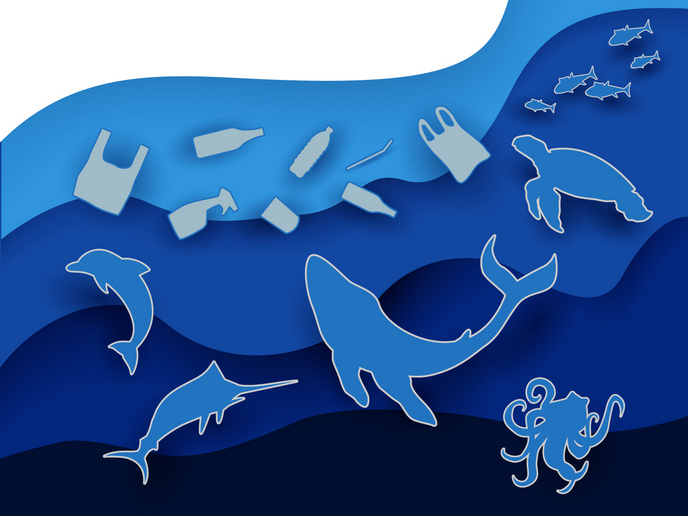Reducing and preventing drivers of marine biodiversity loss
Europe’s seas cover more than 11 million km2, from shallow semi-enclosed coastal waters to the immense depths of the open ocean. They contain a multitude of coastal and marine ecosystems that provide habitats for the majority of the species found in Europe. However, our seas are rapidly changing due to human activities resulting in pollution, plastic waste, habitat loss, acidification and warmer seas from climate change. The resulting cumulative impacts have reduced marine biodiversity hence the resilience of marine ecosystems and their ability to recover. In response, European researchers are investigating sustainable biodegradable alternatives to plastics for packaging, enhanced waste and wastewater management, and improved recycling methods. They are also conducting research into ecosystem health, biodiversity, and coral adaptation, as well as studies on nature-based solutions, algae and oyster reef farms, and sustainable fisheries technologies.
A path to cleaner seas
An ecosystem-based management approach can mitigate the adverse impacts of fishing, extraction and other human activities, especially on sensitive species and seabed habitats. Better protection of marine ecosystems is not just good for our seas, it can also lead to significant health, social and economic benefits for coastal communities. The goal of the EU Biodiversity Strategy(opens in new window) is to effectively protect 30 % of the EU’s seas by 2030, including 10 % under strict protection – a major leap from the 1 % of areas strictly protected today, and, through the Nature Restoration Law(opens in new window) adopted in June 2024, to put in place restoration measures for at least 30 % of the total area of habitats not in good condition by 2030, 60 % by 2040, and 90 % by 2050. The strategy is a core part of the European Green Deal(opens in new window) and aims to restore biodiversity for the benefit of people, climate and planet. It builds upon several directives such as the Habitats Directive(opens in new window) and the EU Natura 2000(opens in new window) network of protected areas to improve the health of our oceans, seas and inland waters through a future-orientated policy approach.
Spotlight on EU-funded research
This CORDIS Results Pack focuses on 13 projects funded under the EU’s Horizon 2020 and Horizon Europe research programmes. These prove the need for biodiversity and ecosystem services research to ensure Europe’s environmental sustainability, and the relevance of such initiatives for current and future policy objectives. The AMBI-ROBIC project developed a process for low-temperature anaerobic treatment of municipal wastewaters to reduce the impact of waste entering marine habitats. ECOLACTIPACK developed biodegradable packaging based on casein. In-No-Plastic produced and demonstrated cleaning technologies for nano, micro and macroplastics. MAELSTROM identified European ‘hotspots’ for marine litter and advanced remediation technologies powered by renewable energy. SeaClear, meanwhile, developed autonomous robots for underwater litter collection. EuroSea worked to improve the European ocean observing and forecasting system in a global context. The iAtlantic project assessed the health of Atlantic ecosystems against multiple stressors and global change to determine their stability and vulnerability. OPERANDUM investigated the protection of European territories from extreme weather events through nature-based solutions (NBS). FutureMARES created a climate risk assessment tool for NBS planning. MaCoBIOS studied climate change impacts on important marine coastal ecosystems such as seagrass beds and kelp forests. MAREA combined native flat oyster restoration with mussel aquaculture to restore reefs and preserve ecosystem services. Improved monitoring of fish stocks by the SMARTFISH project will reduce the impacts of unregulated harvesting. Finally, UNITED promoted the joint use of marine resources by developing five real-life ocean multi-use pilots based on offshore wind farms, tourism and aquaculture.



